Former IMF economist Davison Budhoo:
Once we set ourselves up as part of the State Machinery that would deny benefaction to certain groups while promoting the welfare of others - and we necessarily do this when we force the government to bite our bullet - we become, by definition, a domestic political force in the job of redistributing national wealth among social groups in a particular way that can enhance the effectiveness of our "program". We may say that we are merely out to ensure that adequate adjustment occurs in the economy - ie, that "economic and financial balance" is restored - but that's only a fancy way of saying that we are taking a direct hand in reallocating the national cake to suit our own purpose and that we are punishing certain groups and rewarding others so as to further our own cause.
You know, not so long ago, the colonial power, in circumstances where the colony concerned was perceived to be errant, would just go ahead and suspend the constitution and take over power directly and brazenly and unceremoniously. We don't operate that way today; internationally that is unacceptable, and logistically it is impossible, but we get the same results through other means. And unlike the colonial power of yesteryear, we can fine-tune our intervention so that we take away today only those rights and constitutional guarantees that it is necessary to take away in order to achieve our immediate ends (which of course may change from time to time). In other words, we undermine constitutional rights gradually, and in a non-visible sort of way. And before we know it (if our relationship with the country concerned is intensive and sustained enough, and if we perceive that Great Things are at stake for us) we render the government naked and defenseless and on its knees before us, and we go about our business of doing absolutely as we please. And nobody, in retrospect, would seem to know how on earth we could have managed to subjugate both government and peoples thus, and how such a state of affairs could ever have been made to exist in the first instance.
More under spoiler tags:
Fund and other members of the creditors' cartel have always managed to repress, immediately and completely, any attempt to organize what can remotely be perceived as a 'debtors' cartel'...
We have drawn the teeth of all countries, or groups of countries, that harboured thoughts of going, or actually attempted to go, against existing orthodoxy, as defined to mean the methods and expectations of the established order, represented by the conclusions of the G7 on Third World debt, and by the creditor's cartel that we have established, and that we so effectively chair. Indeed, our punishment for erring countries have been immediate and withering. To see this one just has to look at the Peruvian abortive experiment to contain its debt crisis, or the fate of countries like Brazil and Argentina and Nigeria that tried to flirt with 'national' debt solutions, or the outcome of attempts at 'regional solutions'. Concomitantly, the Fund and other members of the creditors' cartel have always managed to repress, immediately and completely, any attempt to organize what can remotely be perceived as a 'debtors' cartel'. We did manage to get this obedience in the South, and to bring protesting debtors to their knees, by unscrupulously declaring miscreants ineligible for use of our resources, irrespective of circumstance - eg; whether external factors beyond their control were responsible for their inability to repay, or whether they deliberately took a decision to defy us thus. By mid-1988 several countries were so declared and others were on the verge of being blacklisted. Our declaration of ineligibility constitutes the kiss of death for all these countries. They immediately became international lepers, with no hope of making operational any other alternative to the Fund's iron fist.
President Reagan effectively told us to go out and make the Third World a new bastion of free wheeling capitalism...
President Reagan effectively told us to go out and make the Third World a new bastion of free wheeling capitalism, and how we responded with joy, and with a sense of mission! Of course the entire strategy for propagating Third World economic rebirth into unfettered free enterprise was finalized and explicitly stated in the Baker Plan of 1985 and in the eligibility criteria to Enhanced Structural Adjustment Facility to the 62 'poorest' countries of the world. Thus everything we did from 1983 onward was based on our new sense of mission to have the south 'privatised' or die; towards this end we ignominiously created bedlam in Latin America and Africa in 1983-88.
When we talk of structural adjustment we have nothing else in mind but an irresistible motivation to implement, in every country of the South, the following political agenda: to call an immediate and complete stop to economic policies that can be interpreted as being in the slightest degree 'socialist' or 'populist' or 'people- oriented'...
When we use the term "structural adjustment," we wish to convey to those who are being "structurally adjusted" the idea of economic and financial policies to get the economy out of an economic hole and place it on a path of sustainable growth and social transformation within a context of indigenously-determined economic and social priorities and trade-offs among desirable objectives, and within a time-frame defined by our 'program.' But there is a big difference what we want others to believe, and what we know to be true. For us the term "structural adjustment" conveys a politically inspired ploy, as against an economic concept that can be measured and evaluated in relation to some criterion of economic efficiency and optimal resource use by the recipient. More specifically, when we talk of "structural adjustment" we have nothing else in mind but an irresistible motivation to implement, in every country of the South, the following political agenda: to call an immediate and complete stop to economic policies that can be interpreted as being in the slightest degree 'socialist' or 'populist' or 'people- oriented', or weighted, however slightly, in favour of the poor and economically underprivileged, or based on the collective, social consensus of the population concerned. All such policies, if they exist, must be summarily scratched, and substituted forthwith with the type of Reaganite free-wheeling capitalism that is so comprehensively built into our 12 to 18 month stand-by arrangements, and our 3 year SAF and ESAF. Now as we implement, in each country of the South, t his agenda for political transformation, we have no expectation whatsoever that our policies would lead to economic development or enhancement of the social welfare function of our Third World clients; in no instance do we aspire to have our program set the stage for sustained economic and social transformation - a goal that we hoodwink others to believe that we are out to achieve, Yes, yes, Sir. We hide behind the mask of 'structural adjustment' - a concept with great respectability in economics, to do political things in Third World nations that make all known precepts of economics to look like old hat. You know, sooner or later someone will have to start rewriting the economics of developing countries in terms of the basic precept of IMF political imperatives that relate directly to the on-going debt strategy of creditor nations and institutions.
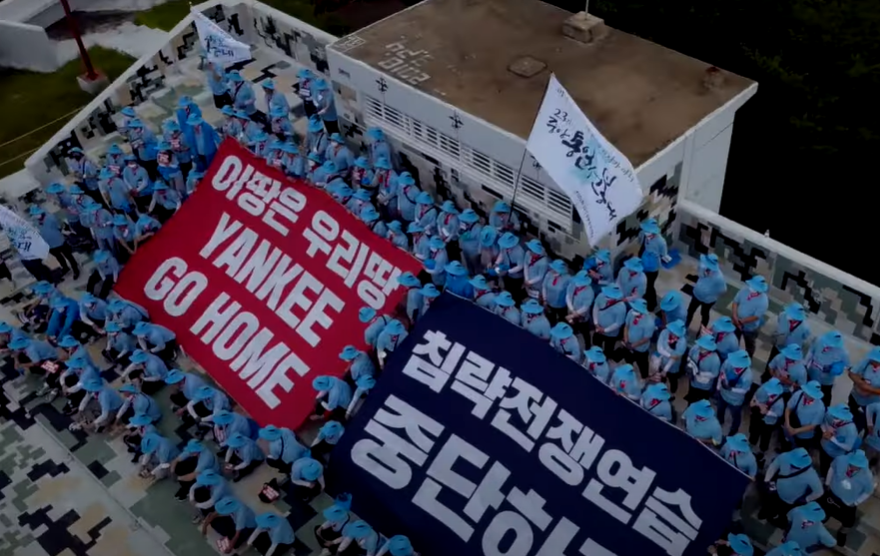
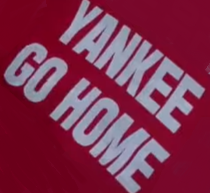


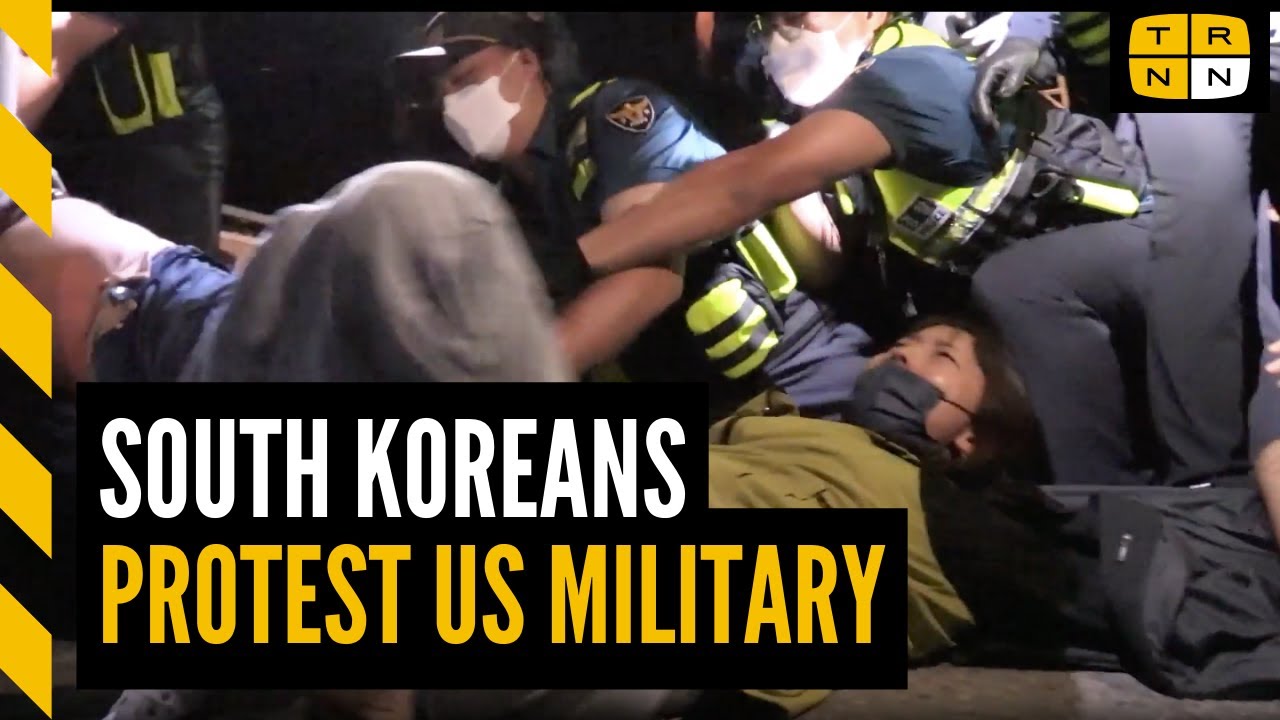


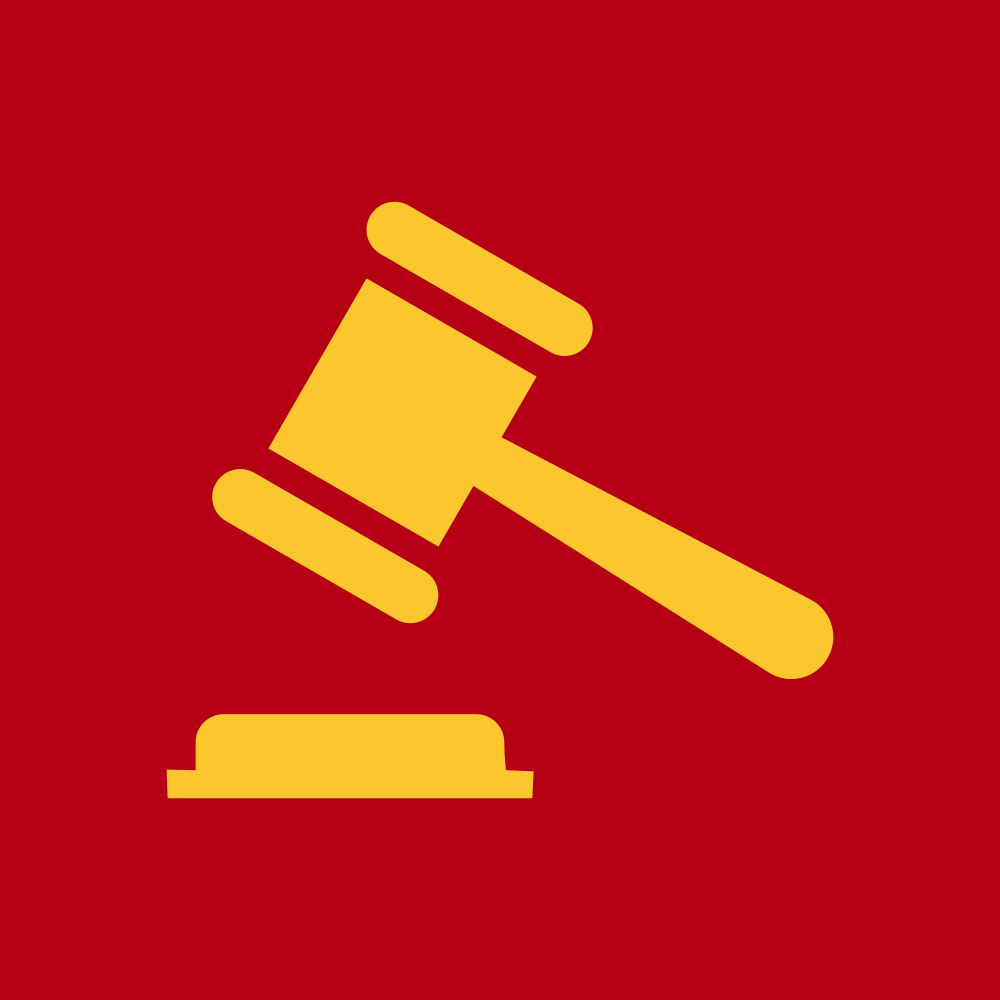
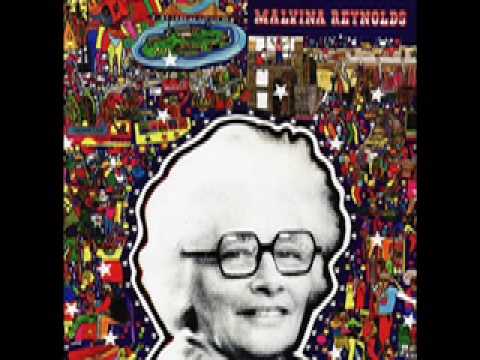


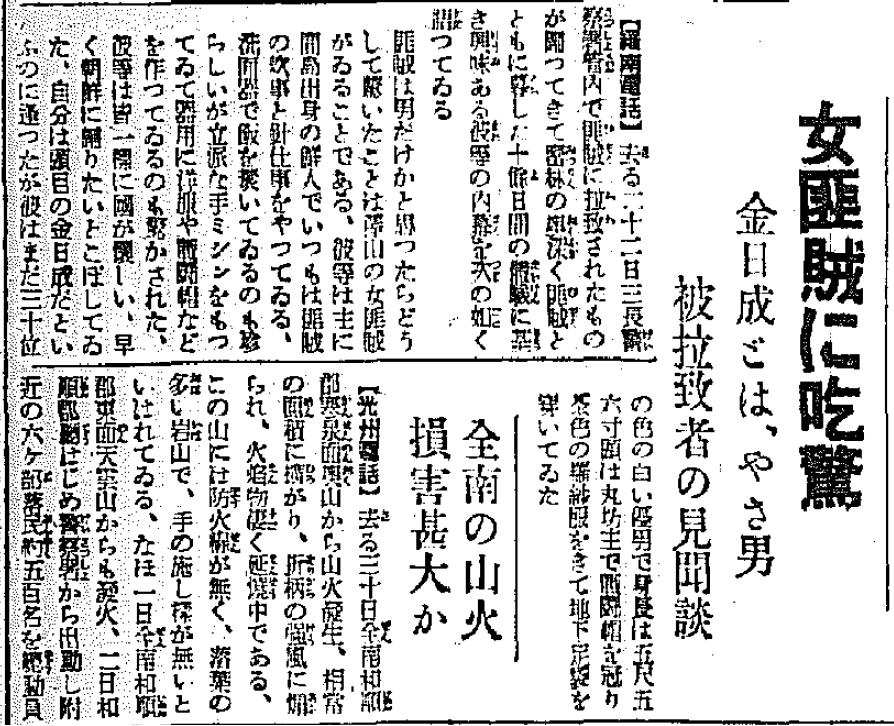
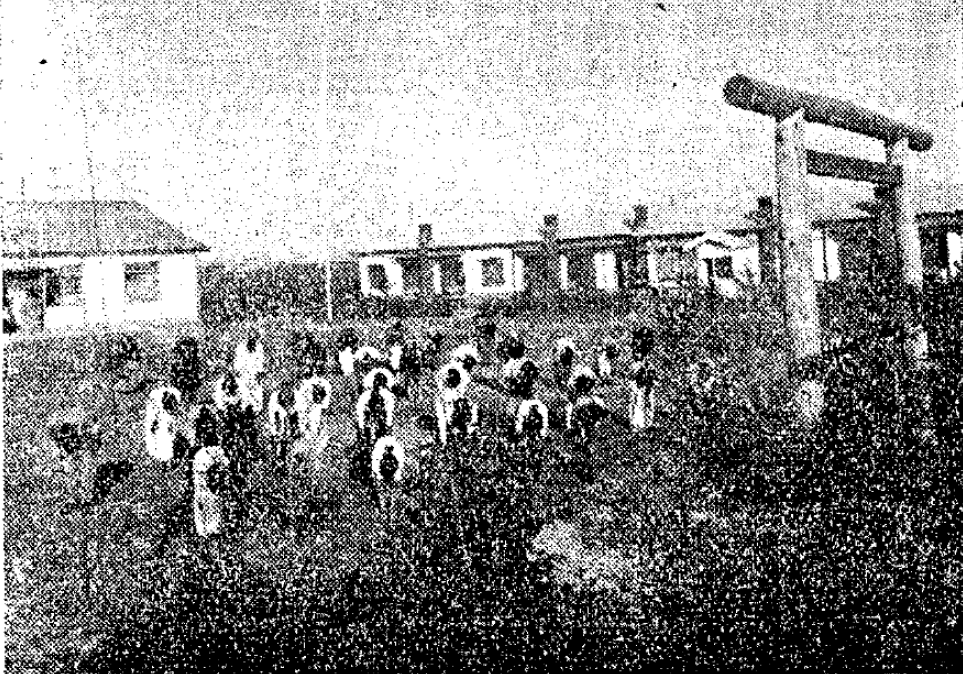
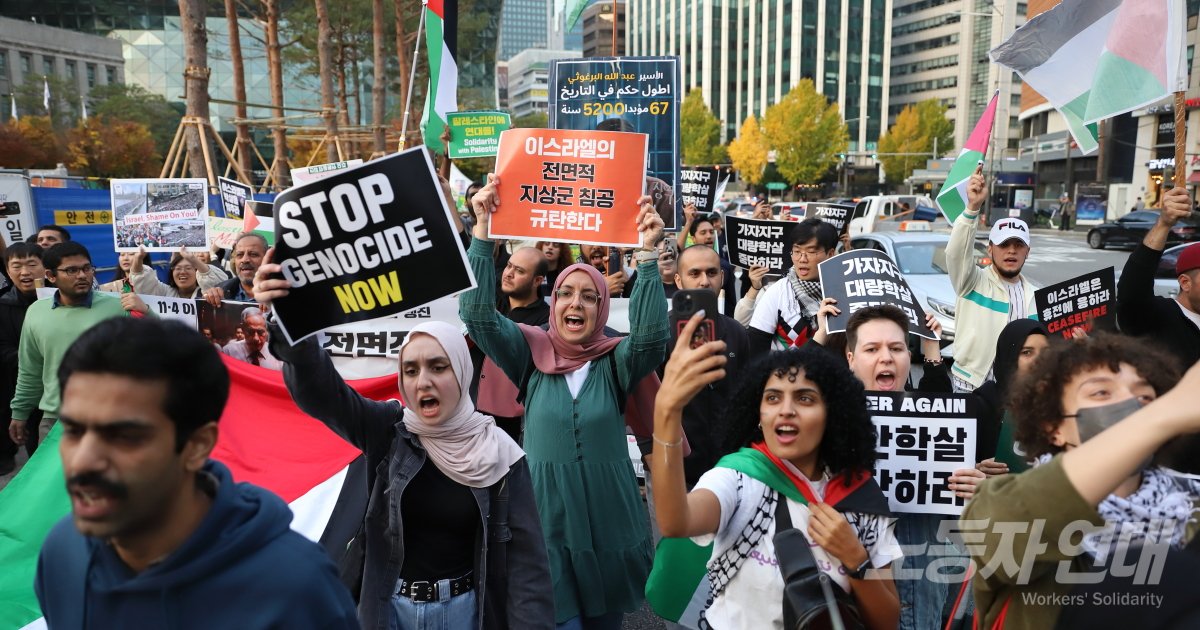

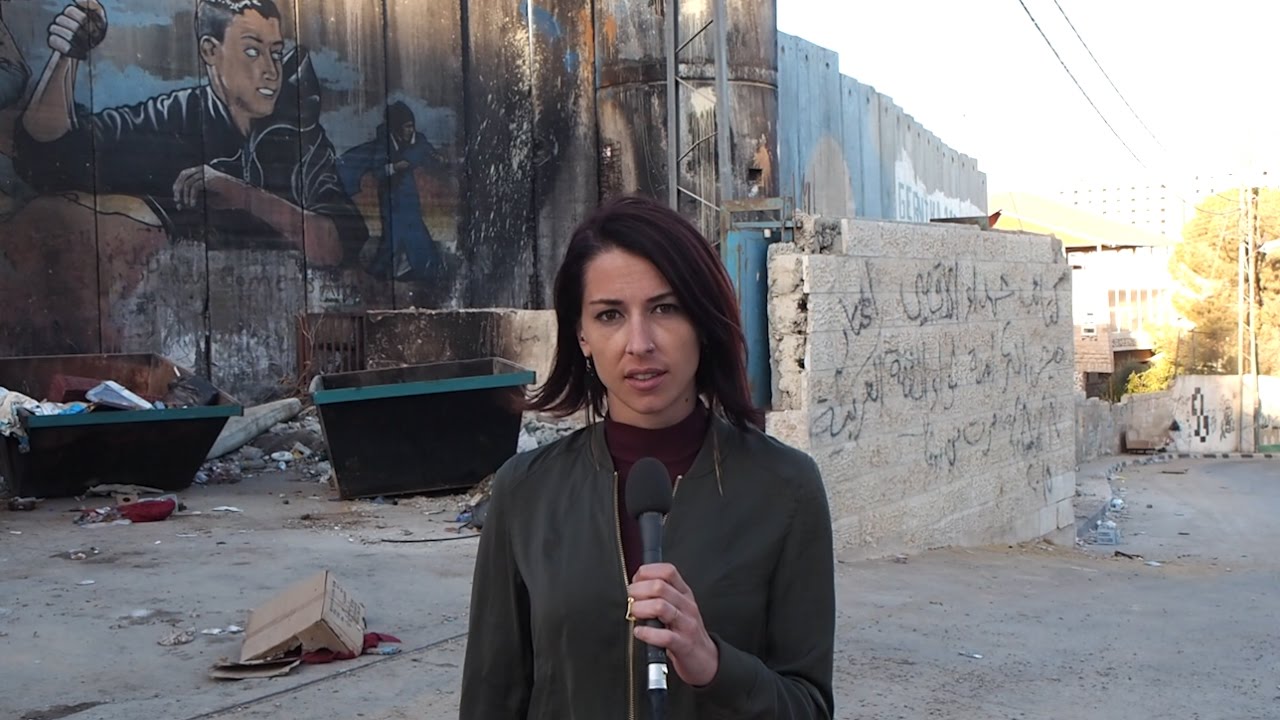

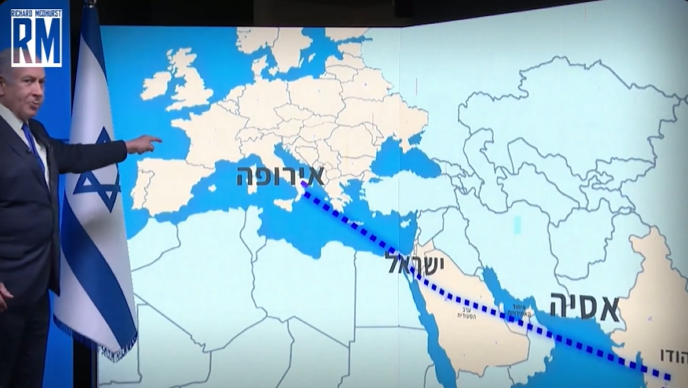
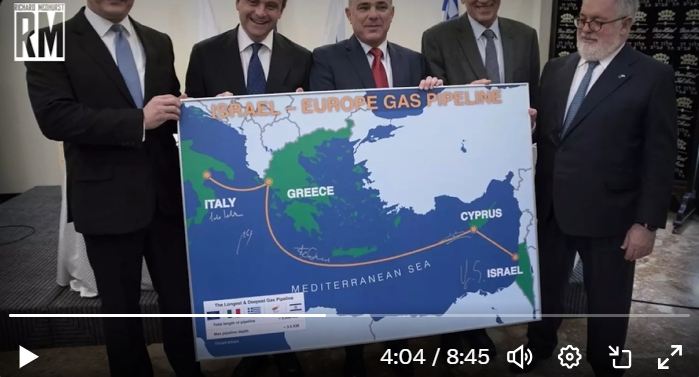
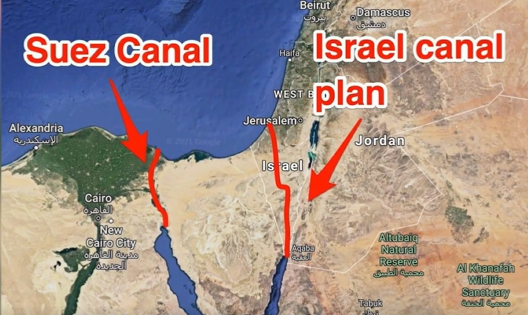
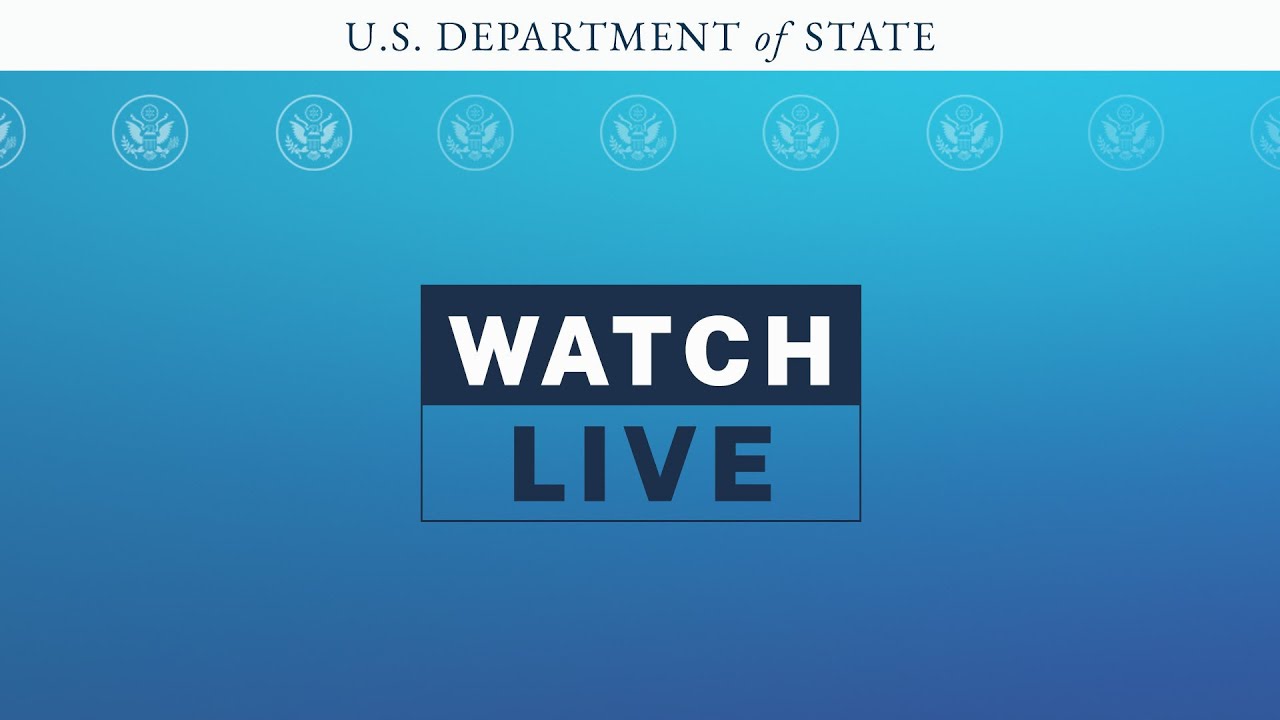
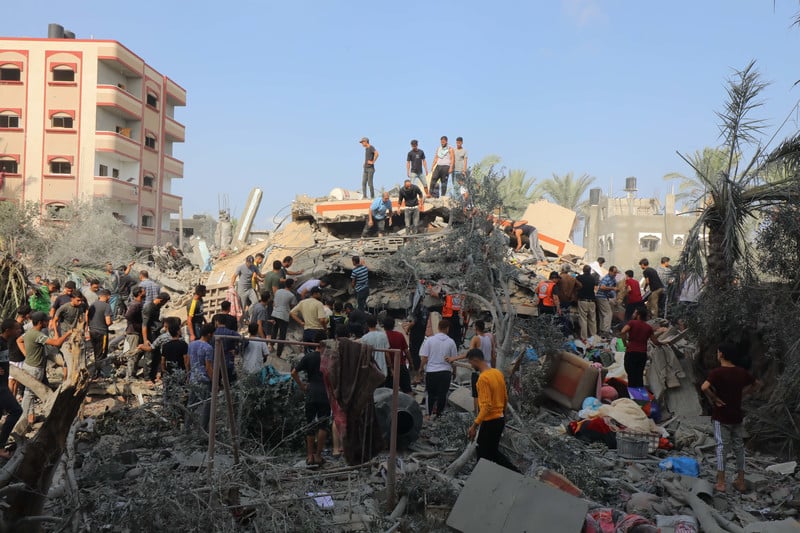


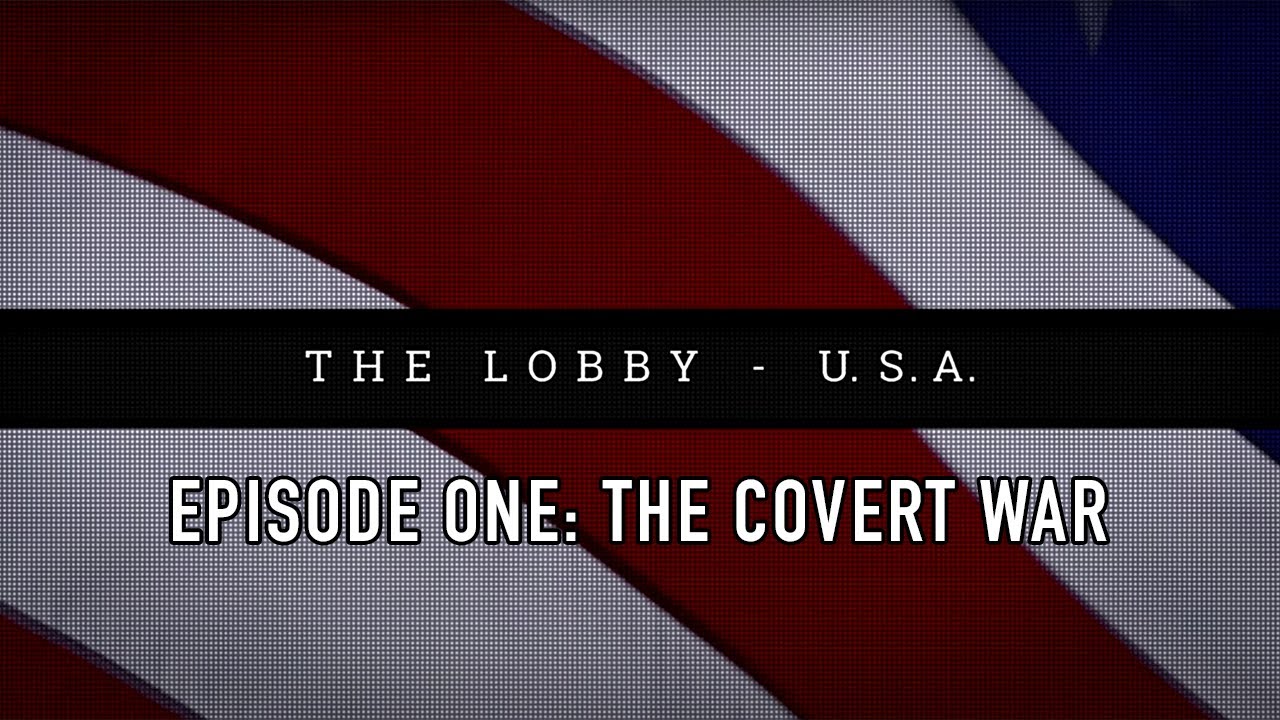

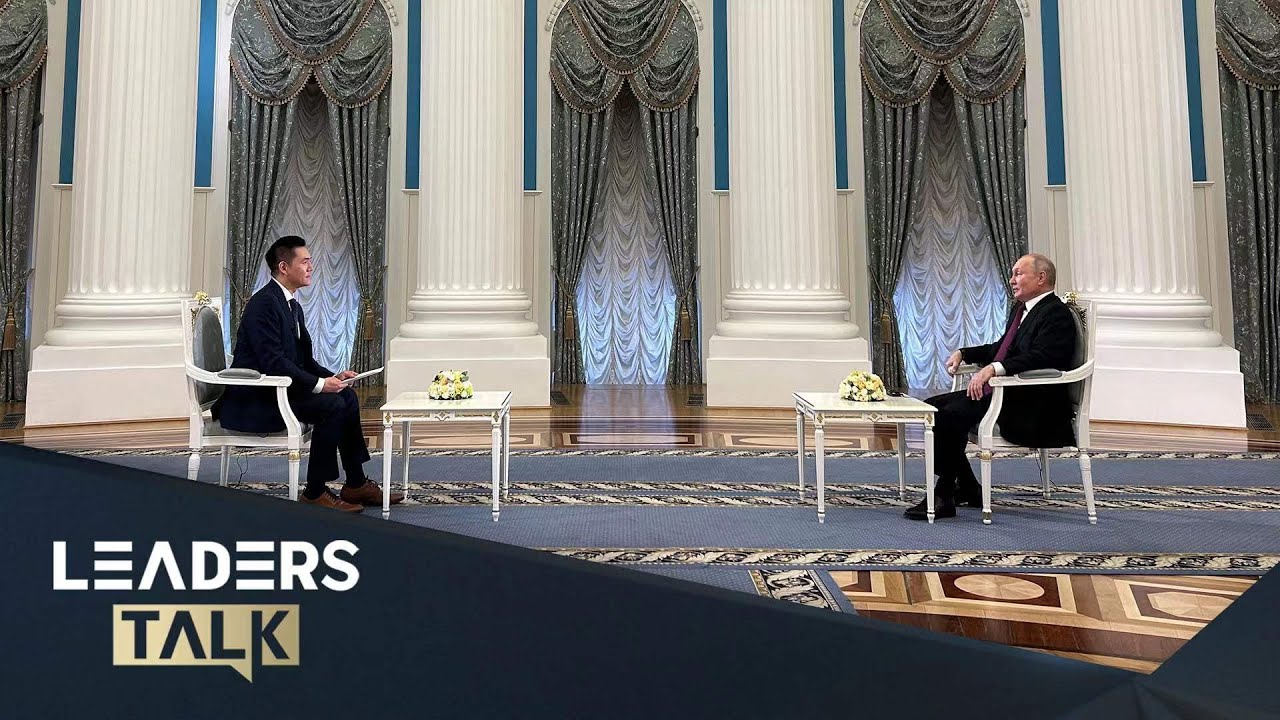

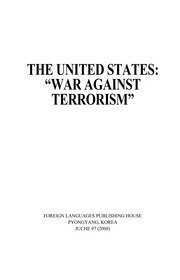

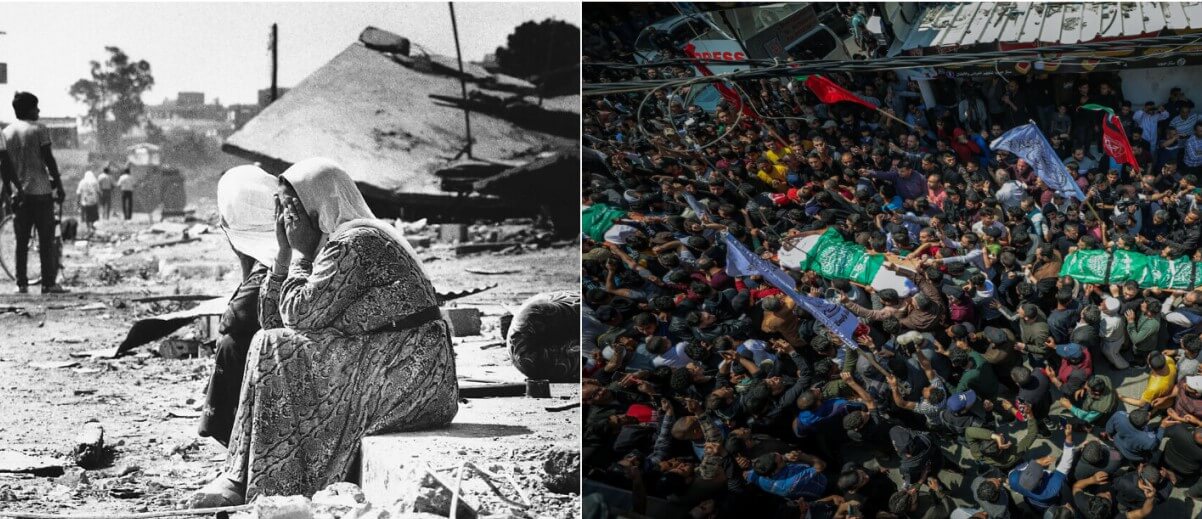
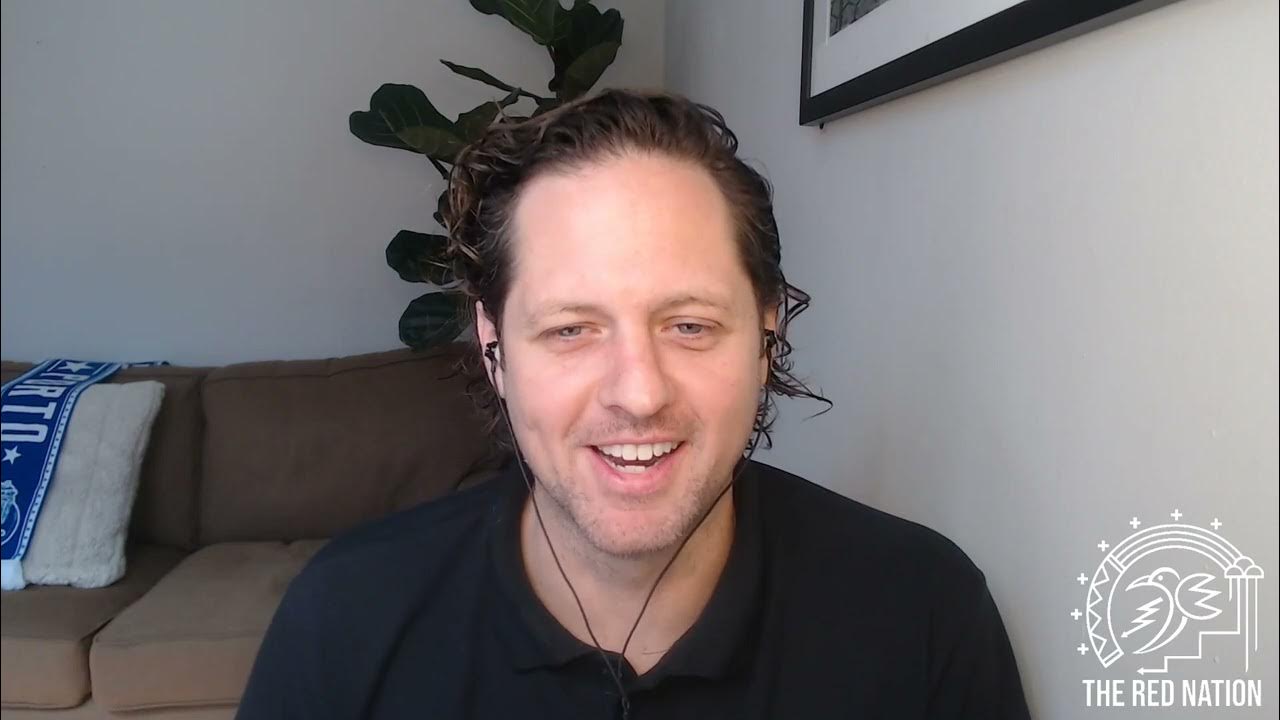

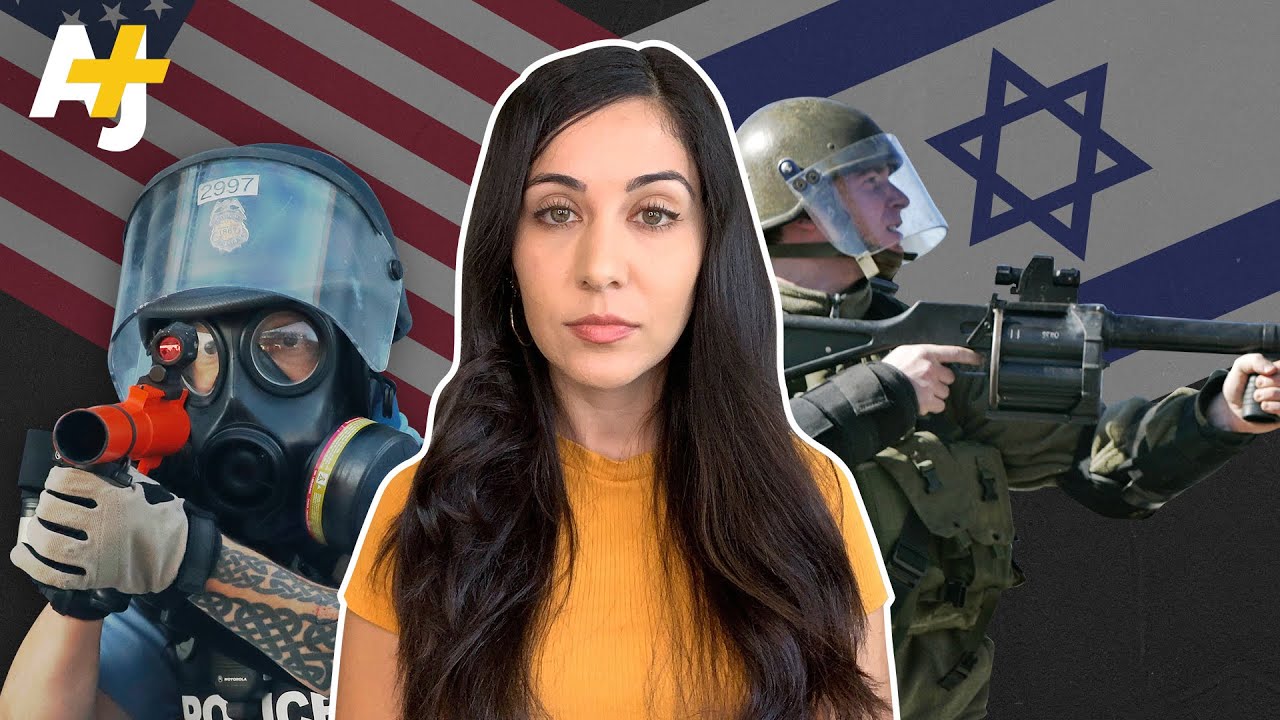

These quotes are all from Davison Budhoo's 1988 public resignation letter from the IMF, "Enough is Enough", which is around 100 pages long. He goes into detail on the institutional fraud in the IMF taking examples from around that time. It's available on archive.org here and ProleWiki's library here.
Unfortunately, I'm not very well-read on the topic (yet) so I don't have much else I can point you to. I do know this site focuses on this topic: Committee for the Abolition of Illegitimate Debt. They have some articles like this: "The International Monetary Fund (IMF): an ABC.". And I haven't read these books yet, but they're on my list to check out: "50 years is enough : the case against the World Bank and the International Monetary Fund" and The World Bank : a critical primer.